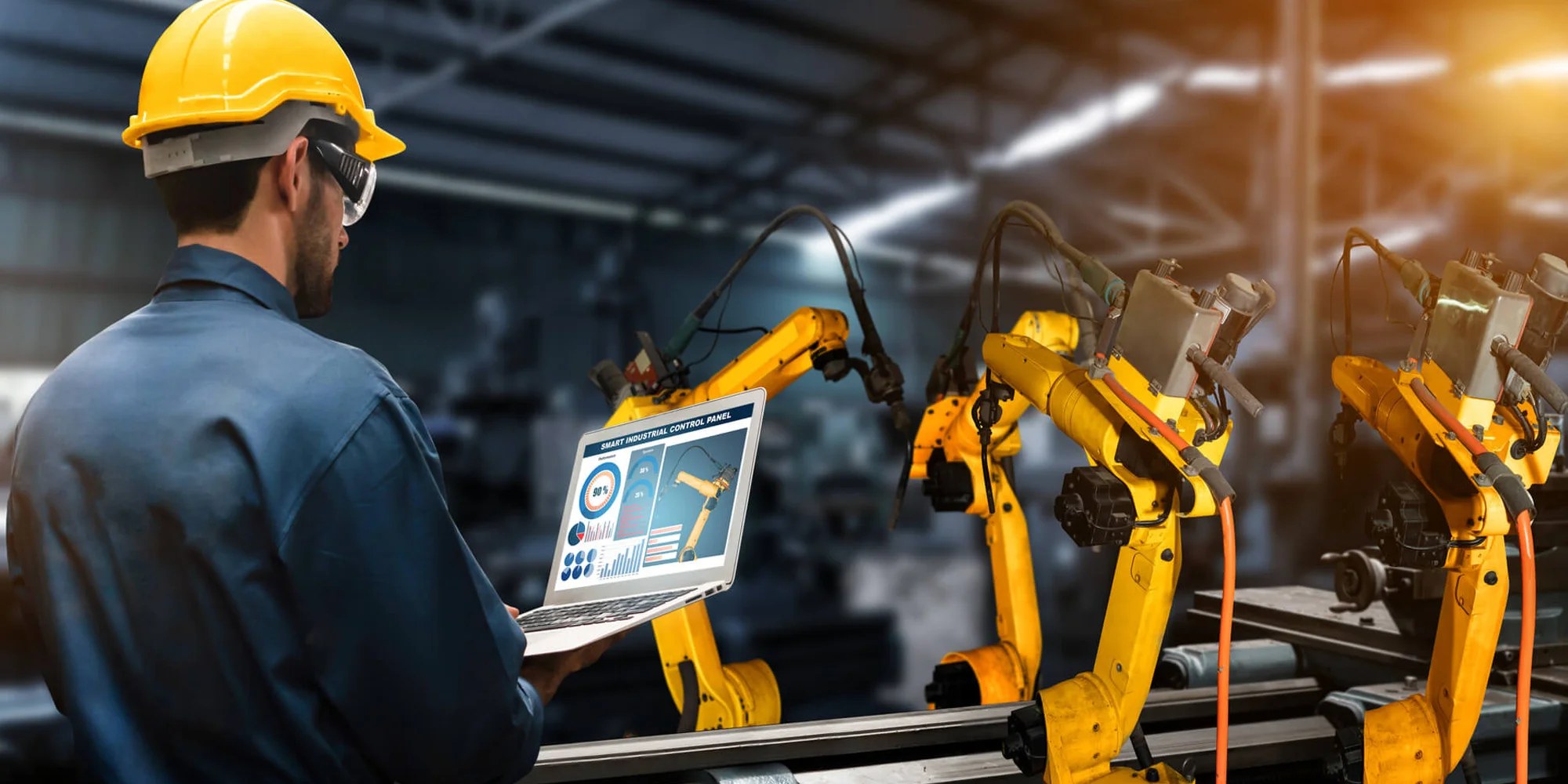Necessary Always Active
Necessary cookies are required to enable the basic features of this site, such as providing secure log-in or adjusting your consent preferences. These cookies do not store any personally identifiable data.
|
||||||
|
||||||
|
||||||
|

When we think about the Digital Transformation we’ve been experiencing over the last couple of decades and its influence on the business landscape, the first things that cross our mind are digital workplaces, improved collaboration, cloud computing, and similar trends.
All these trends are primarily workplace-related.
What we are missing from this picture is that the impact the exponential development of the digital world had on industries like the Oil & Gas and manufacturing industry may be even more profound.
So, much so, that in a couple of decades from now, the centuries-old cycle of legacy industrial facilities may finally be broken.
Let us examine this technological evolution in greater detail.
This development became inevitable ever since the corporate world recognized the unlimited potential of IoT.
To put it simply, not allowing the machines to collect the relevant data, pass the information between each other, and self-regulate their production processes ramps up operational costs, and leads to lower production efficiency.
This operational gap will become even wider as IoT technology continues to develop and evolve. So, it is safe to predict that the legacy industrial tools will be gradually replaced with newer equipment produced with smart capabilities in mind.
Deep machine learning has always been considered one of the most promising AI trends. What does this technology bring to the table in terms of industrial production?

Well, AI will inevitably hijack the management of IoT-powered facilities. Processing the abundant data collected in such an environment simply requires the speed and efficiency that can’t be achieved by human beings. This efficiency gap will only continue to grow in the following years.
Finally, human involvement in industrial production will be relegated to the following duties:
This trend may look insignificant at first glance, but it has the potential to move the mountains as time goes by. One of the main advantages the smaller industries had over their big clunky brothers was their nimbleness. For instance, the speed at which they can acquire the business assets.
The current expansion of e-commerce to the big industry sector is making this difference disappear. These days, for instance, the big O&G companies can find new oilfield equipment online and make large-scale purchases just as easily as small companies can restock printer cartridges.
In the previous sections, we have painted a somewhat grim picture of the future involvement of human labor in the industrial sector. But, as we could see, human involvement will remain very relevant in areas like data analytics, decision-making, etc.
This focused employee participation opens up the doors for the rise of dedicated digital tools whit the sole purpose of improving the efficiency of these limited human resources.
What kind of tech are we talking about? Primarily the platforms aimed at optimizing workflows, data processing, mutual communication, and oversight of the on-site equipment.
The on-site production may be one of the most important sectors of various big industries. However, all companies that are pushing some form of product on the market need seamless customer service to stay relevant.
Fortunately enough, recent breakthroughs in the areas of Artificial Intelligence and machine learning have made this job far simpler and more efficient as well.

As a result, the industrial conglomerates will be able to deliver personalized customer experience, automate most of the tiresome CS processes and move the focus of the customer experience to emerge grounds like Virtual Reality.
We hope these five developments gave you some general idea about tectonic changes the industrial enterprises are undergoing in this supposed heyday of the digital transformation. When this transition is over, the way we look at the industrial sector may be completely different from the outlook we have now.
The roles of humans in the production will, inevitably, continue to lose ground, but the adoption of new technologies will create new job opportunities for a qualified workforce. How fast we will come to this point, yet remains to be seen.
Sign up to receive our newsletter featuring the latest tech trends, in-depth articles, and exclusive insights. Stay ahead of the curve!